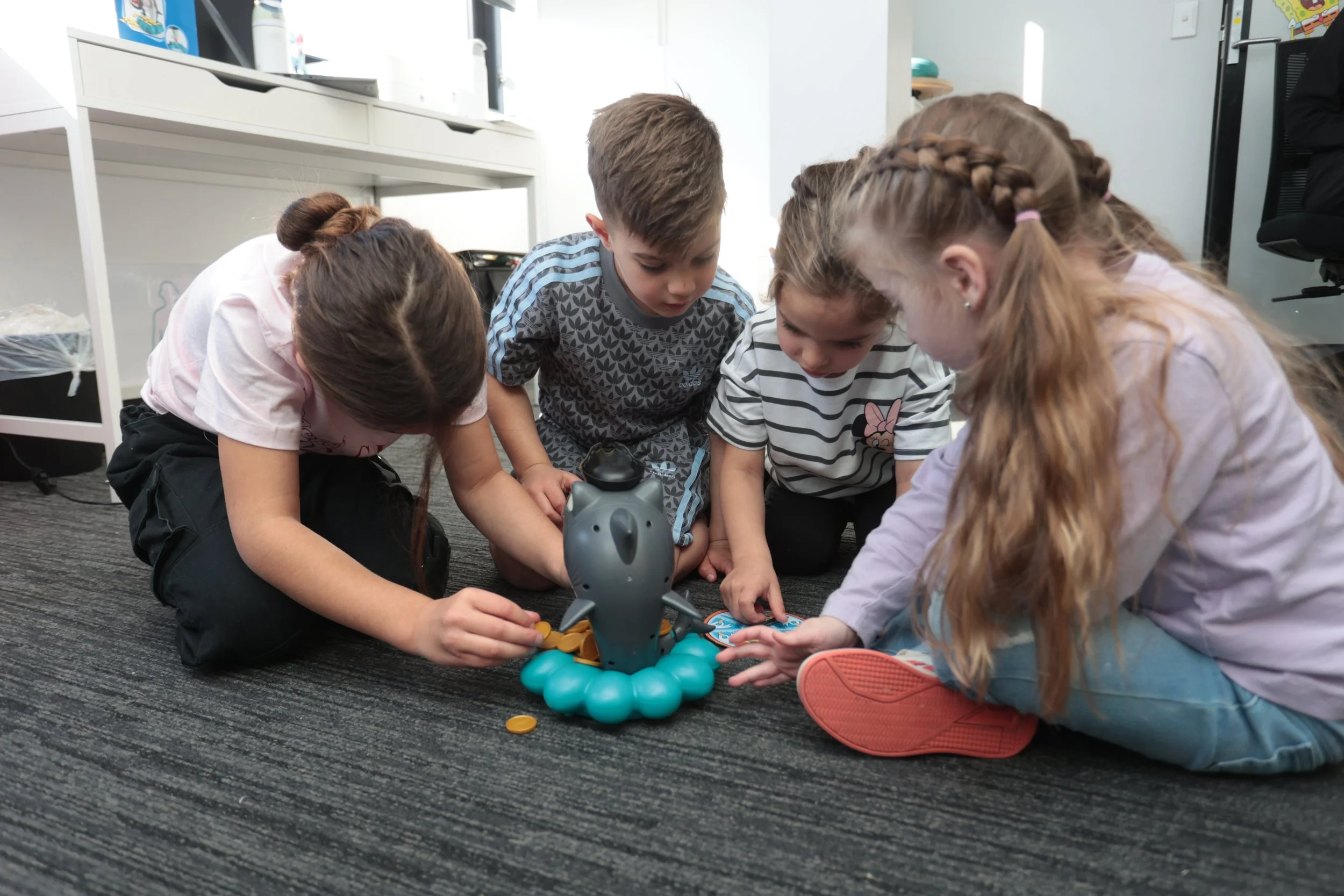Positive Behaviour Support
A personalised approach to reducing behaviours of concerns, building skills, and improving quality of life using evidence based, holistic care.
Positive Behaviour Support is an evidence-based approach that focuses on helping individuals reduce behaviours of concern by using practical, goal-oriented and person-centred techniques. It aims to understand the reasons behind behaviours and ways to meet a person’s needs through the development of a behaviour support plan.
How does Positive Behaviour Support help?
Positive behaviour support is an evidence, value and rights-based approach. It focuses on improving a person’s quality of life and understanding the reasons behind behaviour and ways to meet a person’s needs. This includes strategies such as:
teaching a person new skills
making changes to their environment
providing guidance to their support team
A behaviour support plan provides strategies to address behaviours of concern. It meets the individual’s needs, while respecting their dignity and working to improve their quality of life.
Our Behaviour Support Practitioners will…
Provide support that meets your child’s needs and helps achieve their goals
Help your child build strong, lasting relationships with others
Advocate for you and your child to have choice and control in their life
Work closely with your child support team to ensure they are well trained, and strategies are implemented consistently
Facilitate learning new skills and ways to cope when things become difficult
Provide children with strategies to express or regulate their emotions
Be safe and have your needs and behaviour better understood by others
Provide opportunities to learn new things and be part of your community
Functions of Behaviour Model
Positive Behaviour Support works on a ‘functions of behaviour model’ which are outlined below. These help to explain the motive for behaviour of concerns that individuals may present.
ESCAPE
Helps them get away from a situation/task they dislike
ATTENTION
Helps them gain access to people or interactions
TANGIBLE
Helps them obtain access to an item/activity they enjoy
SENSORY
Satisfies their sensory needs
FAQ’s about Behaviour Therapy
-
Our Positive Behaviour Support Practitioners usually provide support within the community, either in the home or at school/day-care.
-
Challenging behaviours are unpredictable, complex behaviours that significantly impact the individual's learning, development, safety, and relationships. Examples of challenging behaviours may be physical (e.g., hurting others or self-harm), repetitive actions, purposefully breaking objects, refusing to do things, yelling, hiding from or avoiding people, or running away from people or places (e.g., school classroom).
-
Our Positive Behaviour Support Practitioners will work with the child and their family to write a behaviour support plan, put the plan into action and monitor how the plan is going and that improvements are being made over time.
-
Restrictive practices are sometimes used to keep a person and others safe. They should only be used as a last resort for a short period of time as they can stop a person from going places and doing what they want.
There are rules about the use of restrictive practices and practitioners and providers must follow these rules.
Get started today!
If you’re ready to Book your appointment online today or call us to schedule your consultation.
You don’t need a referral from a doctor to see our team.
Need more information? Give us a call on 9588 5864 and we’d be happy to answer your questions.



